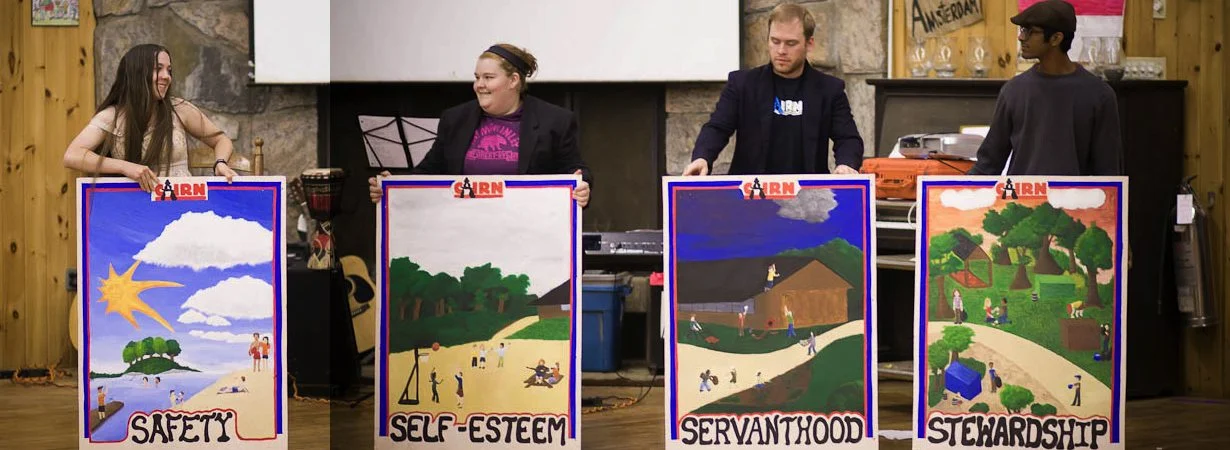It’s time to focus on the staff.
In this two-part series, we begin by exploring the topic of giving our staff the best experience possible and helping us deliver a great summer program. Coming on the high side of the pandemic, staffing and retaining staff was a challenge for many camps. We know that for staff to be committed, we have to find ways to keep our staff engaged and consistently developing. There has been a shift focusing on the camp employee where now they are asking themselves important questions such as “Am I resting enough?”, “Am I getting paid enough?”, “Is my time worth it?”
Fundamentally, this shift means that summer camp leaders have to refocus on how they recruit, staff and maintain their employees. As Gabrielle identifies, the pressure to create an unforgettable moment for campers, takes a toll on our staff. Finding ways to advocate and practice mindfulness and to explore our current state of mental health is now more important than ever. Further, in the past, we have expected our staff to work six days a week and having to be physically and emotionally available for our campers at all hours of the day. To help alleviate this pressure, Beth brings up the idea about introducing “floaters” as a way to hire extra staff to provide additional support to staff, giving them additional rest time. Camp staff do not need to follow a strict program day in and day out. Camp is home for our summer staff, we need to make it feel more like home and allow folks to be comfortable and not be “on” 24 hours a day!
To hear more about Beth and Gabz thoughts on the current state of summer camp staffing, have a listen now!
We hope you love this episode of Camp Code! If you do, please consider subscribing to the show, and leaving us a rating in your Podcast app. It’s SO easy, just head to https://ratethispodcast.com/campcode
Best Practice for Leadership Training
From Gabrielle Raill
This week’s tip is more of an anecdote! If you feel lost and you don’t know what to do, it’s because we don’t know what is coming in the future. We use our experiences, education and knowledge to make decisions. When those decisions impact someone else’s mental health, that decision becomes more complex than we will ever know. We cannot fully understand the mental struggles that people are going through and one of our largest strengths that we can use is to demonstrate empathy, listen with conviction and understand their perspectives.
Your Hosts:
Beth Allison, Camp Consultant - Go Camp Pro
Ruby Compton, Chief Exploration Officer - Ruby Outdoors
Gabrielle Raill, Camp Director - Camp Ouareau


